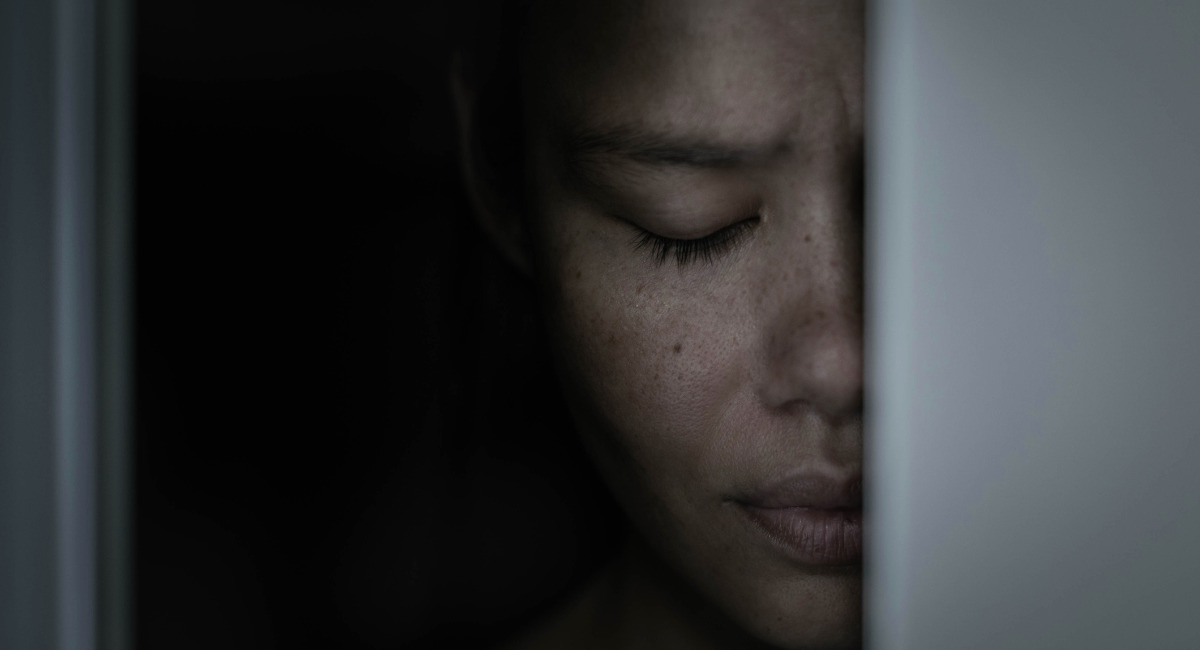A woman who was sterilized without her consent is suing the doctor responsible, but police refuse to take any action.
Dr. Andrew Kotaska, former clinical director of obstetrics at Stanton Territorial Hospital in Yellowknife in Canada, removed the woman’s left fallopian tube, when she had only consented to the right tube and right ovary being removed. By removing both, the woman was rendered sterile. Kotaska was sanctioned this summer, for engaging in “a clear instance of unprofessional conduct,” with the board of inquiry pointing out that the woman was sterilized without her consent and without a clinical reason to do so.
The anesthesiologist present for the surgery testified that, during the procedure, Kotaska said, “Let’s see if I can find a reason to take the left tube.”
The Northwestern Territories Health and Social Services Authority had already declined to renew Kotaska’s contract in April of 2022, but the board still suspended his medical license for five months.
While Kotaska’s victim is suing, police said they will not pursue a criminal investigation, a decision which is being heavily criticized.
“This is a pivotal case for Canada because it shows that forced sterilization is still happening,” Dr. Unjali Malhotra, of the First Nations Health Authority in British Columbia, told the Associated Press. “It’s time that it be treated as a crime.”
READ: EUGENICS: California inmates forcibly sterilized because ‘it’s cheaper than welfare’
The Royal Canadian Mounted Police said Kotaska’s statement “very likely to not be admissible in a criminal court proceeding” and that the woman would need to let police have access to her confidential medical records. Her lawyer said she is already traumatized from the board inquiry, and does not want to be involved in a criminal investigation.
Lisa Kelly, who teaches criminal law at Queen’s University in Ontario, explained to the Associated Press that the Canadian legal system does not require a victim to participate in an investigation. “In this case, there is another doctor and nurse, and possibly others, who could provide credible and reliable evidence beyond a reasonable doubt that the patient had not consented to the sterilization,” she said.
Emma Cunliffe, a law professor at the University of British Columbia, said Kotaska’s discipline so far is “a very light suspension for forcibly sterilizing someone,” adding, “It sends a very disturbing message that these violations of Indigenous women are not viewed as serious.”
The UN Committee Against Torture told Canada in 2018 that they were receiving consistent reports of forced sterilization, while a Canadian Senate report found that Indigenous women are still being forcibly sterilized. Sen. Yvonne Boyer, whose office is collecting data on the issue, said at least 12,000 women have been sterilized since the 1970s. “Whenever I speak to an Indigenous community, I am swamped with women telling me that forced sterilization happened to them,” Boyer said.
“It made my knees buckle to hear her story and to realize how common it was,” Boyer said of a woman who shared her story. “Nothing has changed legally or culturally in Canada to stop this.”








